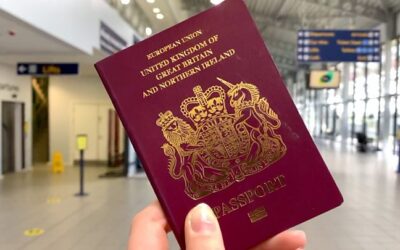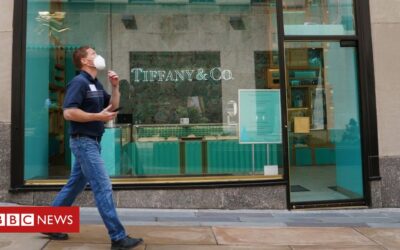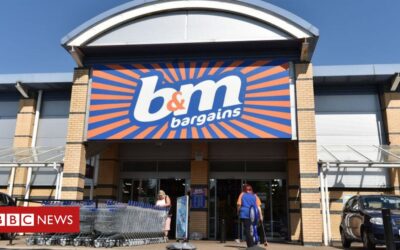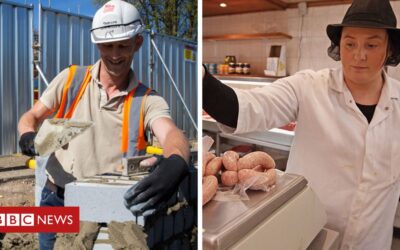Hundreds of thousands of aviation jobs are at risk without more state aid, a global industry body has warned. The International Air Transport Association (IATA) downgraded its 2020 traffic forecasts, after “a dismal end to the summer travel season”.The association, which represents 290 airlines, says it expects traffic to be 66% below the level it was in 2019.The IATA estimates that it will be at least 2024 before air traffic reaches pre-pandemic levels.A second surge in Covid-19 cases and more government restrictions meant the sector has not seen a strong rebound.The travel industry saw a precipitous drop in business after the coronavirus developed into a pandemic.Through the year major airlines, airports and tour firms have collectively announced thousands of job losses.”Absent additional government relief measures and a reopening of borders, hundreds of thousands of airline jobs will disappear,” IATA chief executive Alexandre de Juniac said.He called for Covid-19 tests to be routinely carried out on passengers before flights depart, to increase consumer confidence in air travel and make governments more willing to open borders.
Media playback is unsupported on your device
Airlines have already shown signs of struggle this year. Earlier this month Virgin Atlantic announced it was cutting 1,150 more jobs, on top of 3,500 jobs it had already cut earlier in the year. The move, it said, was necessary for its survival, and was part of a £1.2bn ($1.5bn) rescue plan to secure its future for at least 18 months.Last month, the world’s biggest airline American Airlines said it would cut 19,000 jobs in October when a government wage support scheme comes to an end. The jobs being cut make up 30% of its pre-pandemic workforce.And earlier in the year, United Airlines said as many as 36,000 jobs were at risk. Germany’s Lufthansa warned it could cut 22,000 positions, and British Airways said it was slashing up to 13,000 jobs.










